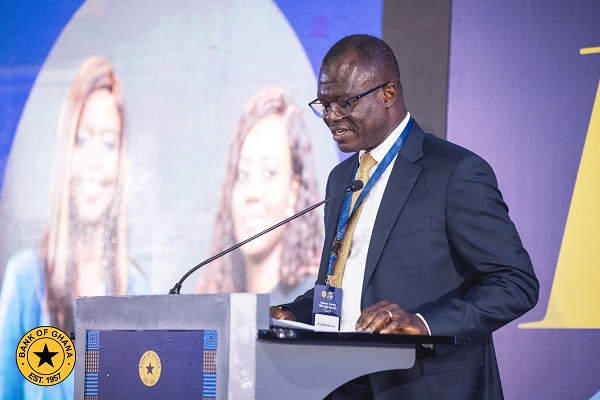South Africa Secures $1.5 Billion World Bank Loan To Revive Energy And Transport Sectors
South Africa has signed a $1.5 billion loan agreement with the World Bank to upgrade its transport and energy infrastructure, a move the government hopes will help unlock economic growth and alleviate chronic service delivery issues, the National Treasury announced on Monday.
The loan, which comes with more favourable terms than commercial borrowing, is part of a broader push by the government to address longstanding bottlenecks that have plagued Africa’s most industrialised economy. Over the past decade, rolling power outages and deteriorating transport infrastructure have stifled productivity and frustrated key sectors such as mining, manufacturing, and automotive exports.
State-owned utilities Eskom and Transnet—central to South Africa’s energy and transport systems—have struggled with operational and financial crises that have significantly constrained economic activity. In the first quarter of 2025, South Africa’s economy grew by a meagre 0.1%, highlighting the urgent need for reform.
Although the Treasury did not specify which projects the loan would fund, it confirmed that the financing will target efforts to ease logistical gridlocks and bolster energy security. The 16-year loan includes a three-year grace period and is priced at the six-month Secured Overnight Financing Rate (SOFR) plus 1.49%.
Finance Minister Enoch Godongwana recently unveiled a budget that earmarks over 1 trillion rand (approximately $55.5 billion) for infrastructure investment across energy, transport, water, and sanitation—key pillars of service delivery and economic development.
By securing the World Bank loan, the government aims to reduce its debt-servicing burden, as the concessional terms are significantly more affordable than standard market rates. With public debt projected to peak at 77.4% of GDP in the current fiscal year, the government is aiming for a gradual decline thereafter.
The new loan is separate from another $500 million package currently under consideration by the World Bank Group, which would be directed at supporting private investment in South Africa’s ageing electricity transmission grid. The country is pushing to expand grid capacity to accommodate more renewable energy projects, which are vital to stabilising the power sector and achieving long-term energy independence.
Melissa Enoch
Follow us on:









